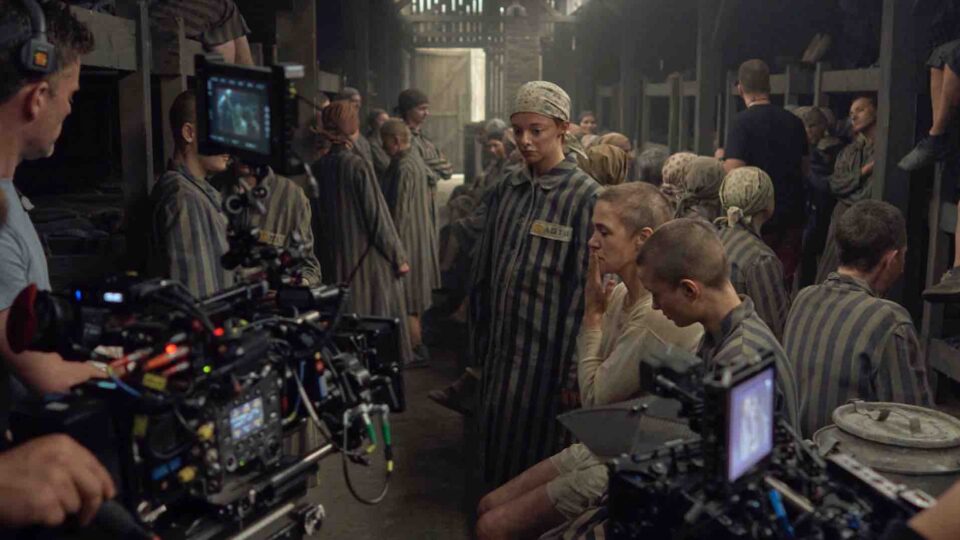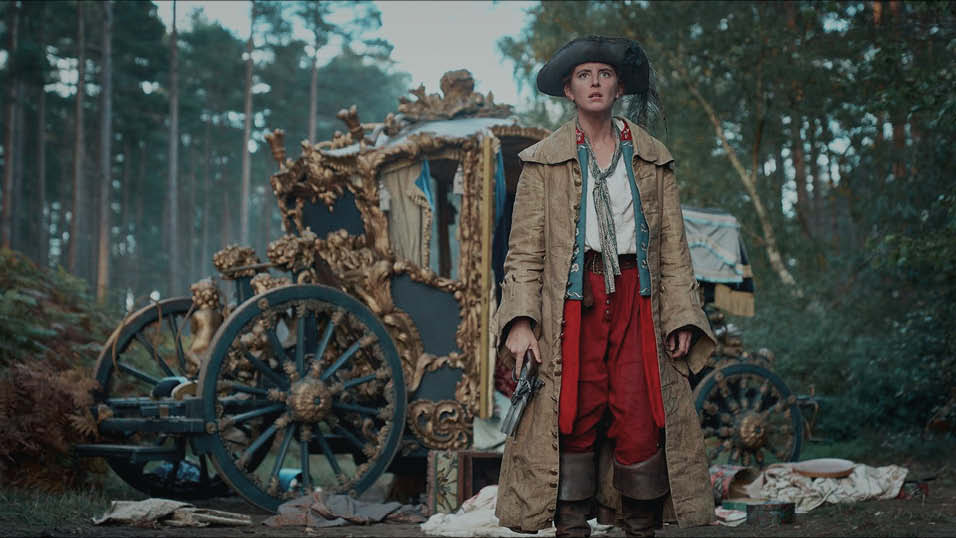Films have grown increasingly reliant on VFX and quality training and education is crucial for the continuing growth of the industry, says Creative Skillset board member and Double Negative founder Alex Hope.
Double Negative was founded in 1998 with a team of just 30. Fast forward to the current day and we are the largest visual effects provider for film in Europe with facilities in London, Singapore and Vancouver and a flourishing television division in DNegTV.
We’re not isolated in our success. It’s undeniable that, over the last 15 years, the UK has been transformed into a global centre for VFX. UK VFX companies are recognised for their creative and technical excellence; since 2006, UK VFX Houses have earned 10 Academy Award® nominations and won three. These VFX businesses have made significant investment in infrastructure, skills and training and are a British export success story.
Similarly, the government has recognised the vital importance of an integrated approach to the digital future of the UK film industry. Through its support for research and development via the Technology Strategy Board, skills development via the Skills Investment Fund and, most crucially, through tax breaks, the government has ensured our industry has a great environment in which to thrive. April’s changes to the Film Tax Credit, allowing films that are shot entirely overseas to access relief, have had an immediate effect in bringing work to the UK. At Double Negative we are currently working on Terminator: Genisys, the biggest new film to date to qualify under the changes.
It’s without doubt an exciting time for filmmaking with digital technologies revolutionising the process and giving filmmakers new ways to tell their stories. In the UK, through government support and continued investment in skills and training, our flourishing VFX industry can continue to sit at the forefront of these advances as an international centre of excellence.
With the VFX industry (and its importance to the filmmaking community) growing at a fast pace, it is of absolute importance that our skills and training keep up with its evolution.
VFX artists combine outstanding artistic skills with an innate understanding of maths, physics and computer science, which is quite a skillset. Our crew are scientists as well as true artists and, as such, will always strive to advance and perfect the visuals we create. Formal academic training needs to respond to and reflect these advances whilst vocational and on the job training is vitally important to our ever-changing industry. Because the tools of our trade are continually developing and new technologies constantly need to be embraced, good training is crucial not just for those who enter the sector but at every stage of an artist’s career path. Structured training, educational programmes, and strong relations with teaching bodies and universities to ensure relevant technologies and skills are incorporated into their academic programmes are all key.
Tax incentives are hugely beneficial, but they alone can’t keep our VFX industry on top. We need the best talent, and we need to keep our talent highly skilled in the latest technologies. We are only as good as the artists and developers we have working with us.
Creative Skillset are running a major piece of research called #PlayYourPart14, to get an overview of the current state of skills and training amongst our creative workforce. It’s an online interactive survey open until 21 November to everyone working in the creative industries in the UK, and I’d strongly urge you to take part. The results of the survey will inform funding and support for training where our sector needs it the most. The VFX industry is still a relatively young industry, but it is fast becoming a major export and, crucially, a major employer in the UK. By investing in training and skills development, we are building a future where the most exciting films will likely have a British stamp on them through the best visual effects in the world.
Share your views on what training would help you develop your career in VFX and enter to win an iPad mini by taking part in the Creative Skillset Creative Industries Workforce Research #PlayYourPart14 available online until 21 November: http://bit.ly/PlayYourPartPK.
Alex Hope
Share this story

















